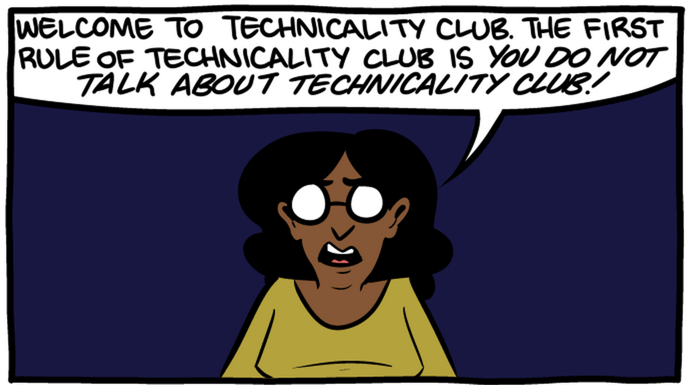Archive for September, 2014
Metaphors and the brain: check it out
"Your Brain on Metaphors", at the The Chronicle of Higher Education's site, is interesting non-technical reading for anyone interested in the idea of experimentation on metaphors, idioms, and the way the brain processes them. I recommend reading the whole thing.
Permalink Comments off
Text analytics applied to applications of things like text analytics
South by Southwest (SXSW) uses a web-based voting method to choose panels, and so Jason Baldridge took a look at the titles submitted for Phil Resnik's "Putting a Real-Time Face on Polling" session, to
… see whether some straight-forward Unix commands, text analytics and natural language processing can reveal anything interesting about them.
He describes the results in "Titillating Titles: Uncoding SXSW Proposal Titles with Text Analytics", 9/2/2014.
Can you spell "bus"?
I have commented before on the psycholinguistics of signs painted on roads: in the USA it is apparently assumed that drivers will read the words in the order in which their front wheels reach them, so that what appears to be a display with "ONLY" above "LANE" above "BIKE" is supposed to be read as "BIKE LANE ONLY".  In the UK, the opposite assumption is made: that drivers will read the whole display as a text that starts at the top. However, in one startling recent case in Bristol, south-west England, the people who painted the sign on the road warning of a bus stop never read it at all, in either order. They just stencilled "BUP STOP" on the roadway and packed up and left. Photographic evidence supplied herewith, just in case you cannot believe anyone capable of holding down a local government job could be unable to spell "BUS".
In the UK, the opposite assumption is made: that drivers will read the whole display as a text that starts at the top. However, in one startling recent case in Bristol, south-west England, the people who painted the sign on the road warning of a bus stop never read it at all, in either order. They just stencilled "BUP STOP" on the roadway and packed up and left. Photographic evidence supplied herewith, just in case you cannot believe anyone capable of holding down a local government job could be unable to spell "BUS".
Permalink Comments off
Somebody
Yesterday I was skimming the digital New York Times and clicked on the second-from-the-right item in the panel below, without noticing the "paid post" superscript:
This took me to an article about a new smartphone app called Somebody:
Here’s how Somebody works: when you send your friend or loved one a message through the app, it doesn’t go directly to them, but uses GPS to locate the Somebody user nearest to him or her. This person (probably a stranger) delivers the message verbally, acting as your stand-in.
Read the rest of this entry »
More on tonal variation in Sinitic
In a number of posts, we have discussed departure from stipulated tonal configurations in speech, e.g.:
"Dissimilation, stress, sandhi, and other tonal variations in Mandarin "
"When intonation overrides tone"
"Where did Chinese tones come from and where are they going?"
In this post, we will focus on the wide variation of tone in names for some family relationships.
Read the rest of this entry »
Nth Xest
In the course of writing about the "fourth highest of five levels", I looked around at how the pattern "Nth Xest" is used in general. I found that uses of such expressions overwhelmingly count from the "top" where X names a top-oriented scale (high, big, long, etc.), and count from the "bottom" where X names a bottom-oriented scale (low, small, short, etc.) In other words, unsurprisingly, "Nth Xest" normally counts (up or down) from whatever end of the scale "Xest" names.
Another (less logically necessary but still unsurprising) thing I noticed is that top-oriented counts are always a lot bigger than corresponding bottom-oriented counts, and that counts decrease almost-proportionately as N increases. Thus from Google Books ngrams:
| second | third | fourth | fifth | sixth | |
| highest | 34447 | 9692 | 3148 | 1411 | 784 |
| lowest | 6006 | 1455 | 491 | 293 | 138 |
Read the rest of this entry »
Poetic contrastive focus reduplication
From Nancy Friedman — Billy Collins, "After the Funeral", in Aimless Love: New and Selected Poems, 2013:
Read the rest of this entry »

